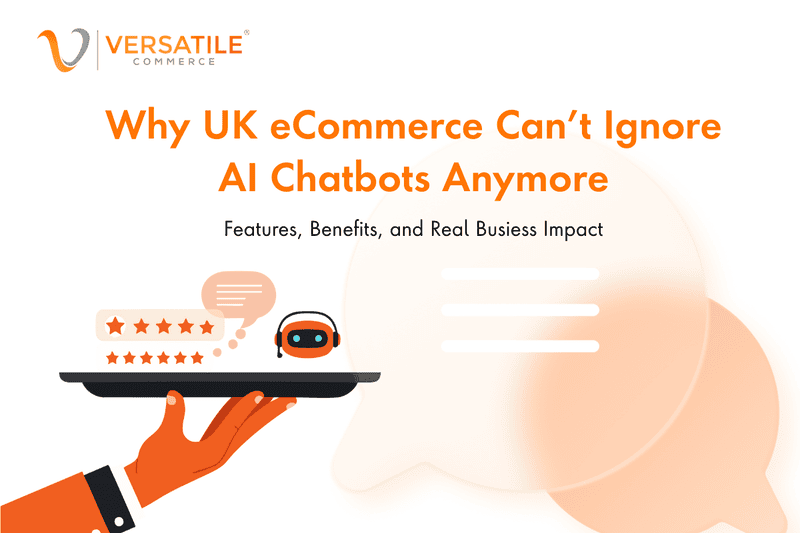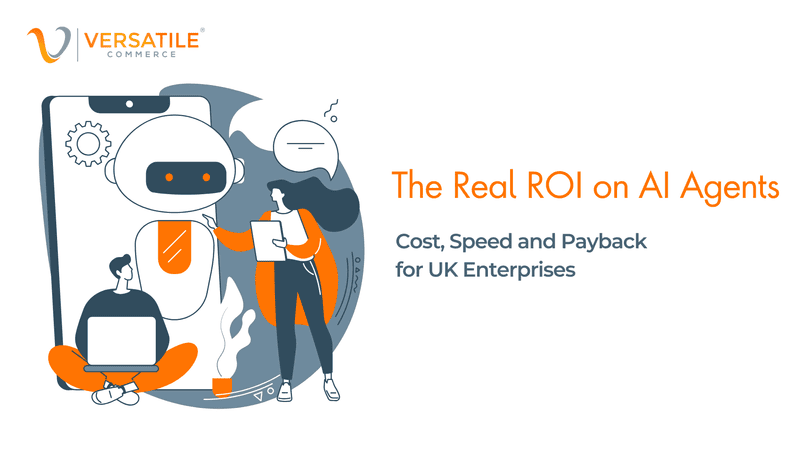
In today's fast-paced world, businesses and individuals alike are increasingly leaning on technology to achieve various objectives. This high dependency has led to the evolution of several specialised fields in the world of computing, one of which is Cloud Engineering. Often considered a cornerstone in modern IT strategies, Cloud Engineering offers powerful solutions for storing, accessing, and managing data remotely. In this blog, we will delve deep into the intricacies of Cloud Engineering, its evolution, and why it has become a critical part of today's technological landscape.
What is cloud engineering?
Simply put, Cloud Engineering refers to the design, planning, management, and maintenance of cloud services and infrastructure. Cloud Engineers are responsible for cloud service architecture, deployment, automation, and ensuring the security of the cloud environment. They often work closely with other IT professionals such as DevOps, software developers, and cybersecurity experts to implement and maintain a holistic cloud strategy.
A brief history
Cloud Engineering is an offshoot of traditional software engineering practices but focused on cloud computing. While the term "cloud computing" was popularised in the early 2000s, the foundational elements date back to the 1960s, during the time of mainframe computing. However, it wasn't until the launch of Amazon Web Services (AWS) in 2006 that cloud computing truly became accessible to the masses.
Over the years, we've seen a proliferation of cloud services from numerous providers like Microsoft Azure, Google Cloud Platform, and IBM Cloud, among others. This has helped to create the dynamic and highly specialised field of Cloud Engineering.
Key components of cloud engineering
Infrastructure as a Service (IaaS): Focused on providing virtualised hardware resources over the internet.
Platform as a Service (PaaS): Provides a platform for developers to build, deploy, and run applications without worrying about the underlying hardware and software layers.
Software as a Service (SaaS): Allows users to access software applications over the internet, usually through a web browser.
DevOps: A practice that involves the continuous integration and delivery of software, often automated and closely tied to cloud engineering.
Security: Involves ensuring the security of cloud services, including data protection, network security, and compliance.
The significance of cloud engineering
Flexibility and Scalability
Cloud Engineering provides an unprecedented level of flexibility and scalability for businesses. Companies can easily upscale or downscale their resources based on their needs without the need for substantial investments in physical hardware.
Cost-Efficiency
With cloud engineering, businesses can operate on a "pay-as-you-go" model, eliminating the need for significant upfront costs and ongoing maintenance expenses.
Accessibility and Collaboration
Cloud services enable easy access to data and applications from anywhere in the world, fostering better collaboration among team members who may be dispersed geographically.
Speed and Agility
The cloud allows businesses to be more agile by enabling them to deploy new applications quickly, scale operations, and innovate at a faster pace than ever before.
Challenges and future outlook
Despite its many advantages, Cloud Engineering also faces challenges like ensuring data privacy, compliance with local and global regulations, and the complexities associated with managing multi-cloud environments.
Nonetheless, the field is ripe for innovation, especially with emerging technologies like edge computing, artificial intelligence, and blockchain becoming increasingly integrated with cloud services.
Conclusion
SaaS products offer a range of benefits to businesses of all sizes. They provide cost savings, scalability, ease of use, automatic updates, and access from anywhere. If you're considering implementing a SaaS product in your business, be sure to do your research and choose a provider that meets your needs. With the right solution in place, you can streamline your operations, increase productivity, and grow your business.



